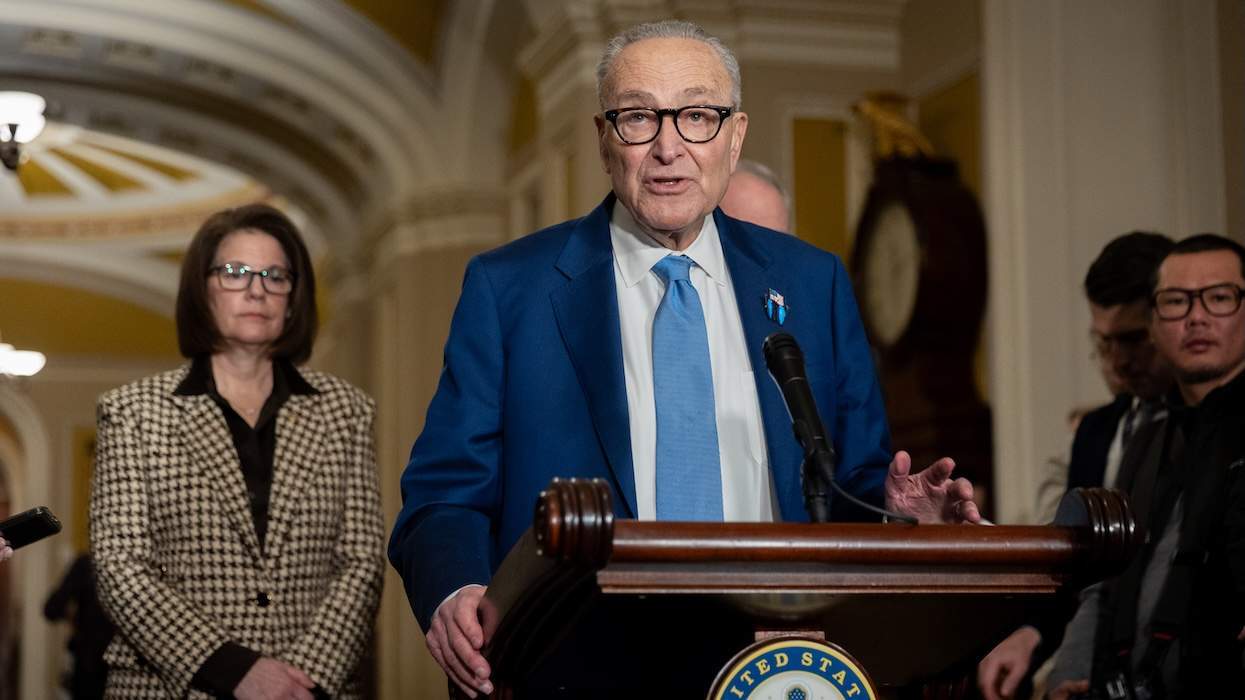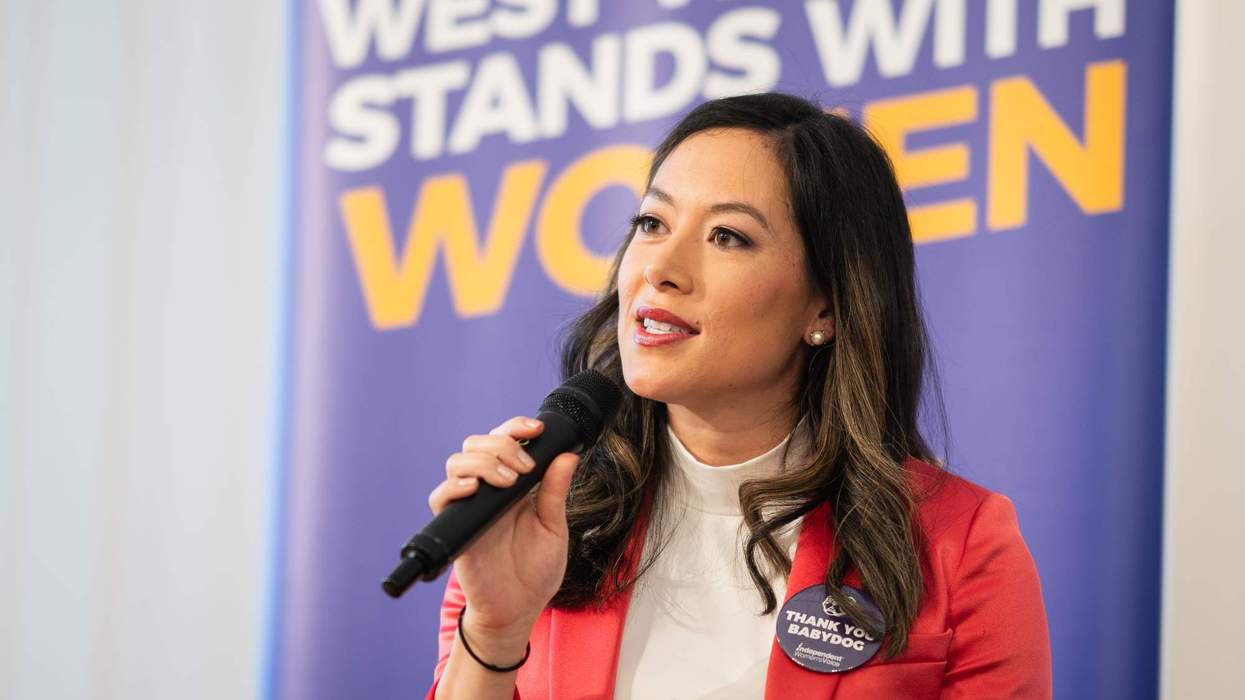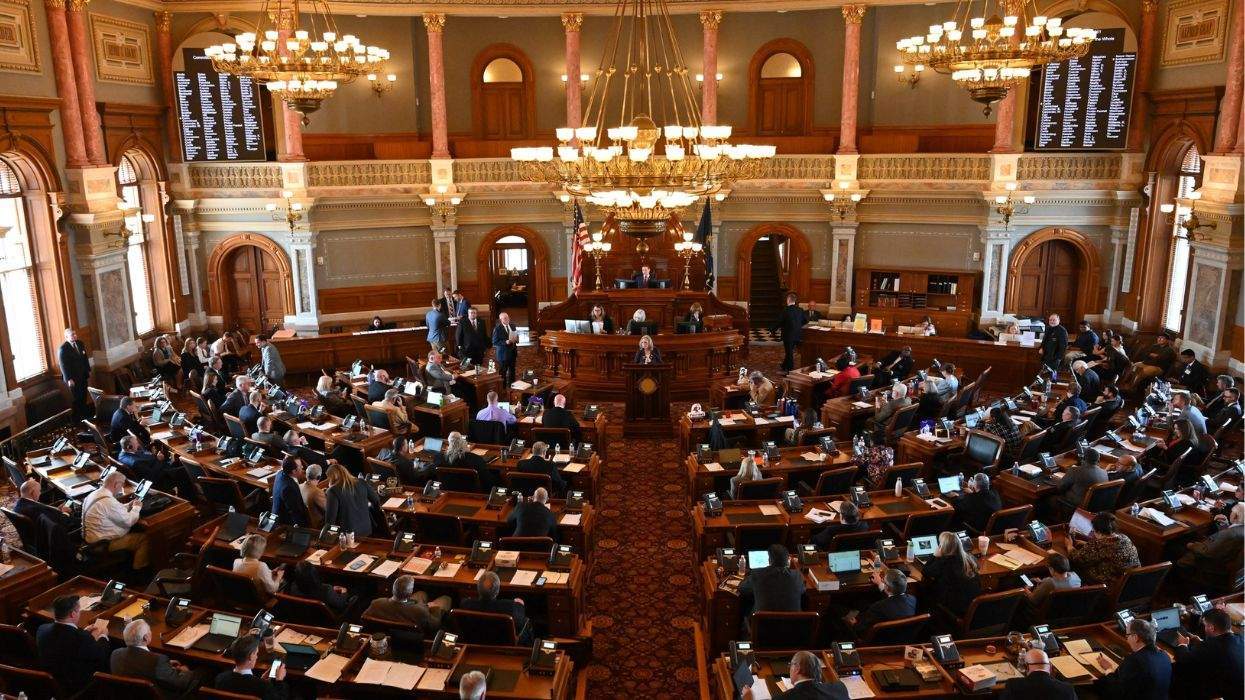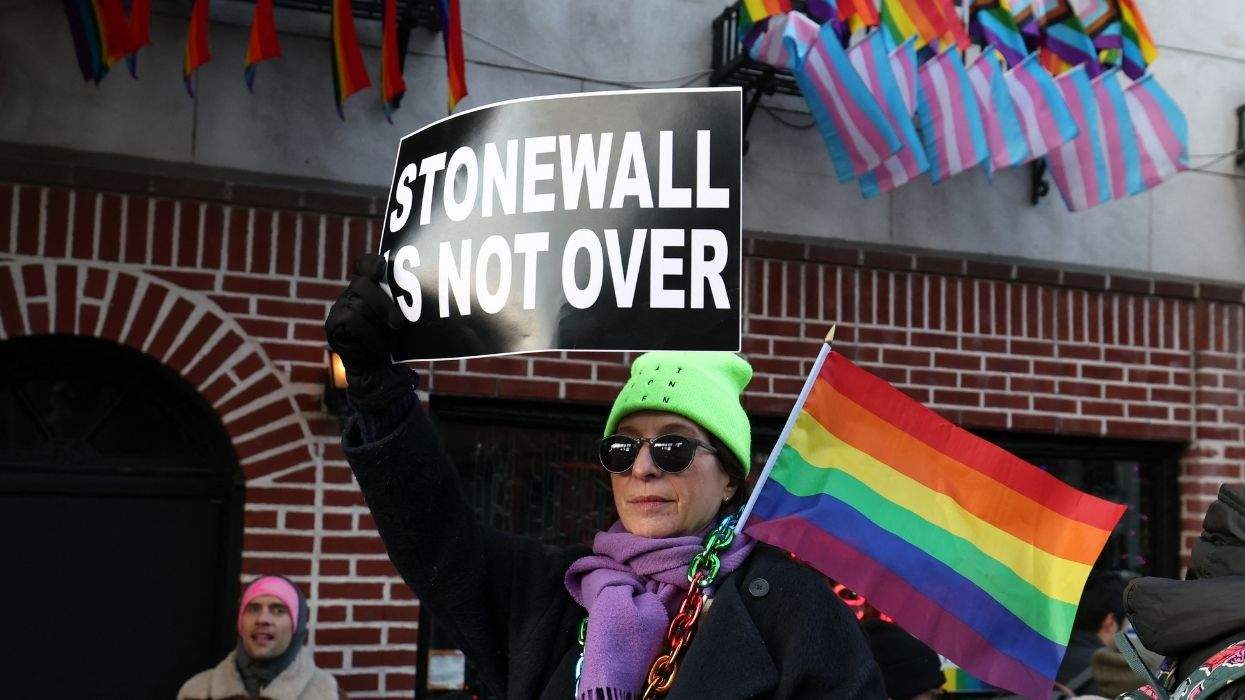When millions of Californians voted on Proposition 8 in November, they were not asked to explain their choice to support or oppose the initiative to ban same-sex marriage. But for three lawsuits pending against Prop. 8 in the state supreme court, reasons are of vital importance, especially in a venue where numerous arguments compete with each other.
"It's not at all uncommon in a case of this constitutional magnitude that you'll have many different briefs with many different reasons," says Joel Paul, professor of law at the University of California Hastings College of the Law. "Each of these different theories might appeal to different people on the court, and hopefully someone will be able to put together a majority."
During the expedited briefing schedule established by the court, Atty. Gen. Jerry Brown raised eyebrows when he filed a brief on December 19 that declared marriage rights to be "inalienable." As the state's chief law enforcement officer, he had announced earlier that he would defend Prop. 8 against challenges, although he personally opposed the initiative.
However, in the surprise statement that accompanied his 111-page brief, Brown said, "Proposition 8 must be invalidated because the amendment process cannot be used to extinguish fundamental constitutional rights without compelling justification."
He argued that marriage was such a right, as the high court held in its May decision, and therefore Prop. 8 was a denial of the basic liberty guaranteed in the state constitution. Brown also urged that marriages entered into between June 16 and November 4 remain valid, regardless of the fate of Prop. 8.
"It's kind of a natural law argument," says Jerry Uelmen, a professor at Santa Clara University School of Law who follows the California supreme court. "He's saying that the right to marry finds its basis beyond the constitution."
While Prop. 8 opponents agree with this part of his argument, they diverge with Brown on another key point, specifically, his belief that Prop. 8 is an amendment to the state constitution and not a revision targeting gays and lesbians, a suspect class of people.
"Prop. 8 is not really an amendment," says attorney Gloria Allred, who represents two same-sex couples, including comedian Robin Tyler and her wife, Diane Olson. "It is such a far-reaching change to the state constitution, to the fundamental plan, and to the foundational powers, that they didn't follow the correct procedure for doing it. It should be struck down for that reason alone."
On this procedural point, outlined in a reply brief to Brown filed on January 5, the petitioners contend that amendments are small changes to the constitution, in comparison to more radical revisions, which require approval by the state legislature before they can be presented to the electorate or a constitutional convention.
Allred expresses profound disagreement with Brown on his conclusion that Prop. 8 is an amendment.
"This could be fatal to the case, if the court were to decide that they had followed the proper procedure," she says. "Then Prop. 8 could win."
The high court is hearing two other challenges to Prop. 8, one on behalf of Equality California and six same-sex couples who would like to marry, and another from the city and county of San Francisco, joined by other local governments. While they all disagree with Brown on the revision question, their reply briefs indicate potential areas of complement with his own.
"When you boil it down, his argument also focused on the other concern that the petitioners have, which is using the amendment process to deny a fundamental right to a particular group," says Shannon Minter, legal director of the National Center for Lesbian Rights, which along with the American Civil Liberties Union, Lambda Legal, and a private law firm, is representing Equality California in its suit. "All the arguments focus on the shocking thing that Prop. 8 does, which is take away a fundamental right from a particular group."
Although the supreme court could hear oral arguments in the case as early as March, no date is guaranteed. In fact, the only sure thing about this latest chapter of Prop. 8 seems to be the infinite capacity for uncertainty.
"It's impossible to say how the supreme court is going to look at this," says Uelmen. "There are seven justices on the court, and each looks at the constitution through a different prism."















